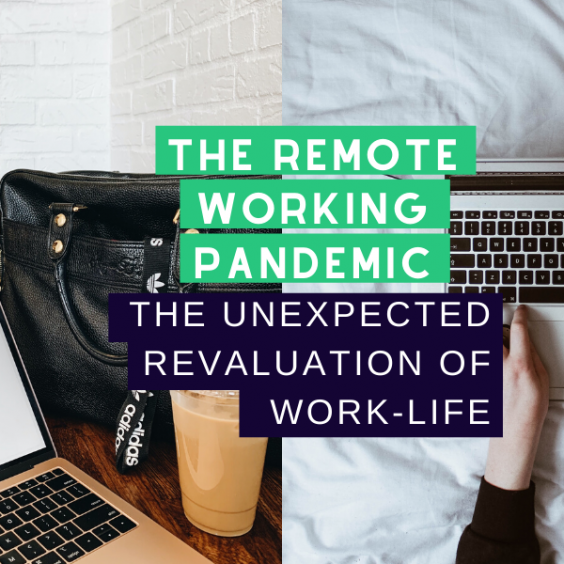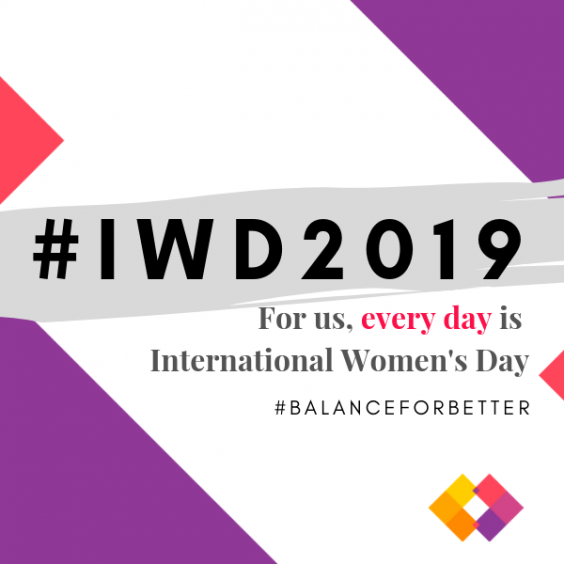Sign up to receive PR & marketing tips
Announcing a round of funding used to be an almost guaranteed way of generating coverage. However, in the age of unicorns and skyrocketing valuations, this is unfortunately no longer the case – unless you have a truly unique and cutting-edge technology or story. Most journalists today are numb to the numbers, meaning if you’re anything below tens of millions – if not over $100M – many reporters will not give you the time of day.
They have good reason. The average Series A in 2018 was $15.7M, up 33% from the year prior and a staggering 208% since 2010. For companies on the low end of this average, it raises a unique set of challenges around how a company can stand out. As PR pros, we’re on the front lines of this shift. I’ve been told countless times by reporters that sub-$15M funding rounds are not enough to even be considered for a story. For some reporters that number is much higher.
So, how can brands combat this? How can innovative companies still get covered, even when they’re not raising unicorn levels of funding?
Offer more resources to reporters
We’re in the business of telling stories, so rather than looking at funding rounds as merely a news announcement to get coverage, we need to find the bigger story to tell. This means having more to offer reporters than just a number and list of investors.
Are any of the investors willing to speak to the media about why they’re excited about the technology being offered by the company? If the answer is no, think about customers – are any willing to speak about their specific use case with the product? What about analysts – did the company brief any recently that might be willing to speak to the promise of the technology?
If you can expand the story and offer reporters a more holistic view of what the funding round means in the larger industry context, you’ll have a better chance of securing coverage for a small round. These additional resources definitely don’t guarantee results, but without them the chances of success can sink drastically.
Focus on attainable goals that will drive results
Sometimes, despite our best efforts, no amount of additional resources or creative storytelling will get a top-tier publication to cover $5M Series A funding rounds. The reality is that the market is crowded, and the supply of funding news vastly outpaces demand. This is when it becomes important to remember why you’re trying to get the round covered in the first place.
While top-tier business or tech coverage is always desirable, for many companies the main goal of announcing funding is to attract attention from potential customers and future investors. Think about the types of publications these audiences read – often trade specific or local publications – and aim for them. Some of the publications in these categories don’t cover funding rounds, so do your research, but the ones that do typically have a lower barrier to entry as long as you can tell a compelling and relevant industry or local-interest story.

Suggested Post
Blockchain marketing: the building blocks to success
With the early hype now over, every company or startup in the blockchain industry needs to show its relevance to a broader...
Read MoreConsider timing
Besides round size, one of the biggest pushbacks we hear from the media when they don’t cover a funding round is that they’re too busy with bigger news or an event. When thinking about the timing for a funding announcement, it’s important to consider these external factors in addition to any internal timelines. For example, announcing during SXSW or Google I/O will all but rule out top-tier tech and business coverage, unless you’re announcing a 9-figure round. Even then, nothing is guaranteed.
It’s not possible to plan for all news that might detract from a funding announcement, as most major stories are unexpected, but there are some predictable things to look out for including impending IPOs, quarterly earnings reports from major companies, etc. If you know that a funding round is low and you’re lacking a lot of extra resources to make a bigger story, also consider announcing at a time that other companies typically avoid – like near a holiday or during the summer months. Yes, you’ll likely receive more out-of-office replies from reporters, but there’s a better chance that the ones who are working will have less news being pitched to them that would take precedence over a smaller round.
Of course it’s not always possible to release news at the ideal time for PR purposes, as sometimes internal or investor timelines must take precedence, but it is always important to be aware of the broader media landscape and the limitations it imposes.
For more information about how the lorries can help you make the most of your PR and marketing efforts, drop us a line at hello@rlyl.com or visit our contact page.
Sign up to receive PR & marketing tips



